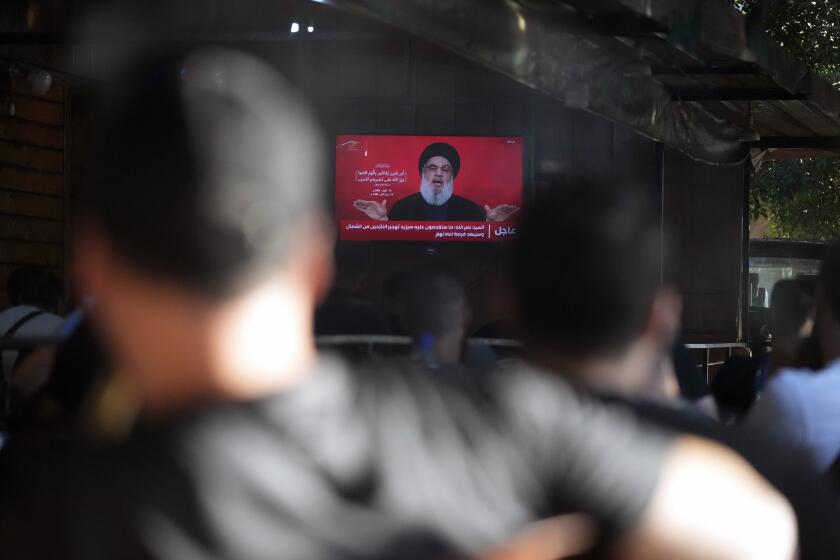China wants bureaucrats to shut up
Chinese officials say they want to clean up a pollution scourge fouling the capital and government centers nationwide: bureaucratic gasbags.
The problem, Communist Party functionaries say, is that civil servants talk too much — at meetings, in speeches and when speaking off-the-cuff in public. It’s the official Chinese version of yada-yada-yada, blah-blah-blah.
To set an example for his peers, Li Yuanchao, a top member of a key Central Committee department, told the state-run New China News Agency that he is keeping his speeches short during meetings. In one recent video-conference, he kept his remarks to just 10 minutes, officials said.
Vice President Xi Jinping scolded underlings at a recent Central Party orientation meeting, declaring that bureaucratic long-windedness lengthened meetings and cut productivity.
So there’s a new unwritten policy among bureaucrats: when it comes to speechifying, less is more.
Scholars say long speeches by Chinese officials are legendary, often making a U.S. congressional filibuster seem like a haiku in comparison.
“This wordiness has become a symbol of Chinese politics,” said Liang Musheng, a professor at Huazhong University of Science and Technology.
Liang sees a method to the intolerably long windups and preambles. “Officials live in fear of their superiors,” he said. “Speakers make sure to give their bosses ample credit, so they recite their ideas at length before speaking their own minds. This makes every speech go on forever.”
The criticism apparently doesn’t reach the party’s highest levels.
“Top leaders like Mao Tse-tung back in his day and Hu Jintao today … can speak their minds freely, without worry of what people think — they don’t have bosses,” Liang said. “But even the highest officials, when introducing a new policy, tend to use stilted language and set phrases.”
This isn’t the first crackdown on excessive yakkers. In 1992, Deng Xiaoping criticized bureaucrats for long speeches. Like weeds, the practice was cut, but eventually grew back.
In December, Ji Baomin, a party official in Henan province, was forced from the podium when he verbosely tried to explain why a poll gave his job performance low marks.
“All your words are empty,” a superior chastised Ji, according to Chinese media. “Please stop reading and get off the stage.” The superior then ordered Ji’s speech to be published in a party organ as a lesson for other long-winded bureaucrats.
The political rule of thumb, Liang said, is that the more you talk, the less you say.
But one woman outside a Beijing coffee shop shook her head at the government’s new speech policy.
“This is just the way all Chinese express themselves in public. It’s in our heritage and goes back to the way old Chinese poems were constructed.”
She added that bureaucrats are the same in every country: Give them a stage and they’ll take an hour. “The government may decide this is a problem,” she said, “but it’s very hard to change.”
john.glionna@latimes.com
Tommy Yang in The Times’ Beijing Bureau contributed to this report.
More to Read
Sign up for Essential California
The most important California stories and recommendations in your inbox every morning.
You may occasionally receive promotional content from the Los Angeles Times.











